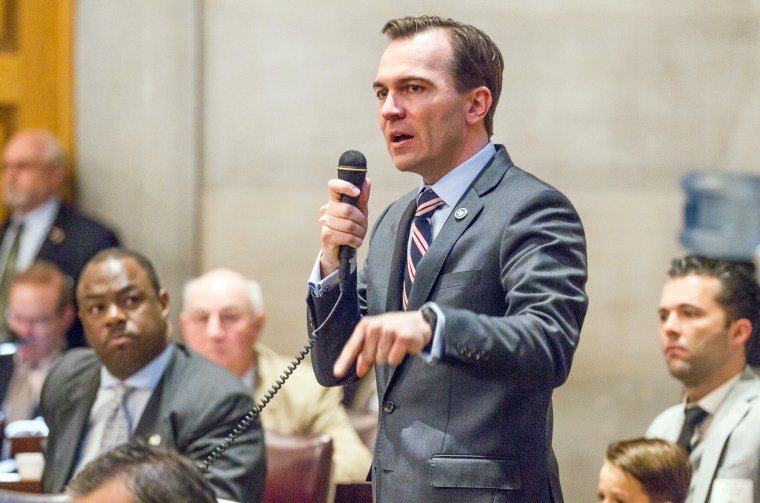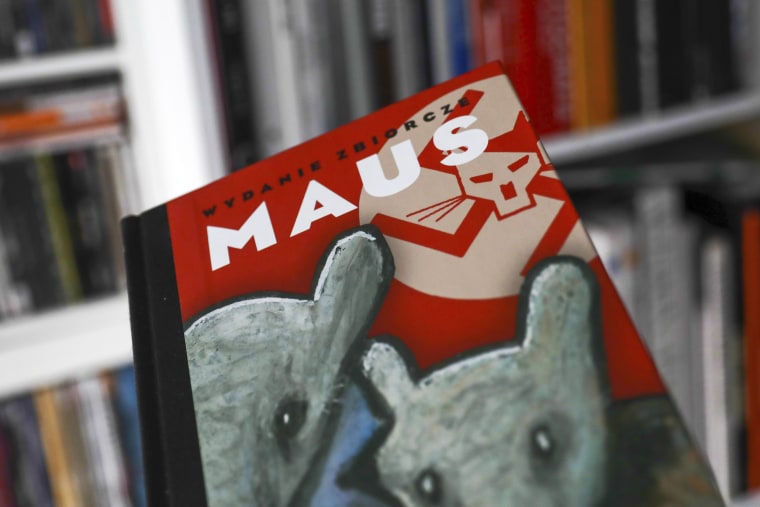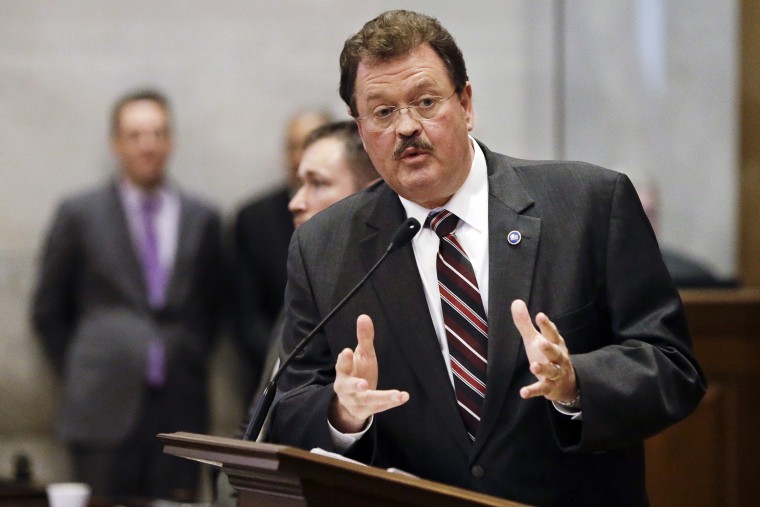Tennessee legislators passed a bill Wednesday that would allow the state’s textbook commission to approve or reject books in school libraries.
A version of the legislation passed the state House with a last-minute amendment that would give a state-appointed textbook commission the “final say” on books in public school libraries. The bill also seeks to increase the number of members on the commission and require it to issue guidance to local education agencies when it reviews library collections.
The approved bill would allow the textbook commission to review the list of materials in public school library collections and “approve or reject” the list if the materials are deemed inappropriate.
The state textbook panel would get “the final say on what goes into our libraries, so that we’re making sure we’re putting age-appropriate books there,” Rep. Jerry Sexton, a Republican and sponsor of the House bill, said during voting.
Rep. John Ray Clemmons, a Democrat, asked in debate why “are we usurping the authority of librarians and placing the state in the place of deciding what’s appropriate and what’s not for our children?”

Sexton said there were books in school libraries that were “obscene in nature” and not age-appropriate.
Clemmons said librarians were “adequately trained and educated and knowledgeable enough” with the experience to make such decisions.
“What are you going to do with them? Are you going to put them in the street? Light them on fire? Where are they going?” he asked about the books that are removed.
Sexton said, “I don’t have a clue, but I would burn them.”
Rep. Gloria Johnson, a Democrat, said history hasn’t looked fondly on those who banned or burned books.
"I’m not sure that is who we want to be included with," Johnson said.
Sexton responded that he wouldn’t be on the commission, so there wouldn’t be any book burning.
“We’re not banning books. We’re just removing them from the library,” he said.
The state House passed the bill as amended, so it now differs from the Senate version. The Senate version was placed on the Senate calendar for Wednesday.
Republican legislatures and activists across the country have targeted curriculums and called for the removal of books dealing with racism or sexuality, the majority of them featuring LGBTQ characters and issues.
School districts in 26 states have banned or opened investigations into more than 1,100 books, according to a report this month from PEN America, a literary and free expression advocacy organization, which compiled data about such bans from July to March.
A Tennessee school board voted this year to remove “Maus,” a Pulitzer Prize-winning graphic novel about the Holocaust, from its eighth grade reading list because of profanity and nudity.

Critics of the bill gathered at the State Capitol ahead of the vote.
High school junior Lindsay Hornick said she understands parents’ concerns over what their children are reading but said: “Choosing my own literature has made me a more well-rounded individual. I would hate to see my education system be limited by a board that has almost no diversity.
“There is nearly no topic that can be discussed in schools anymore without controversy,” she said.
After the protest, Kevin Riggs, the senior pastor of Franklin Community Church, said the bill would lead to the “diminishment of voices of color, the diminishment of the LGBT community, the diminishment of different perspectives.”
“This is all working hand in glove with all of the other censorship of the banning that we’ve seen,” he said.

